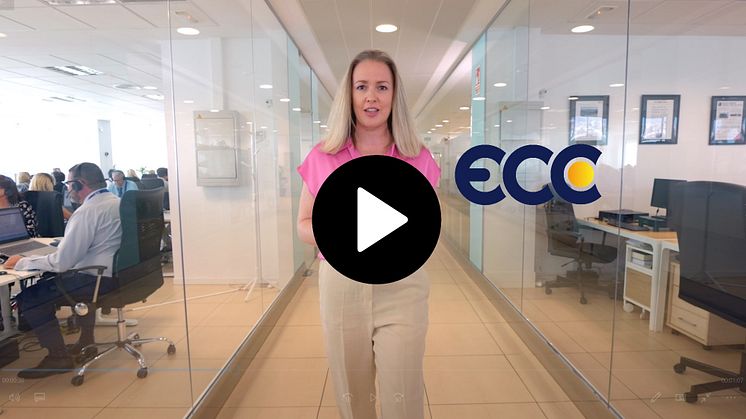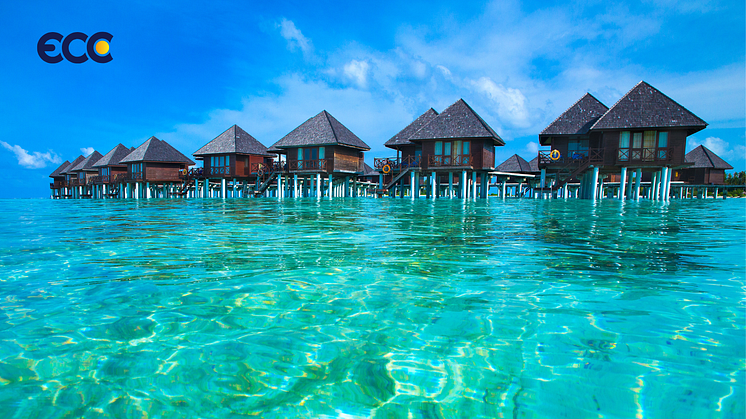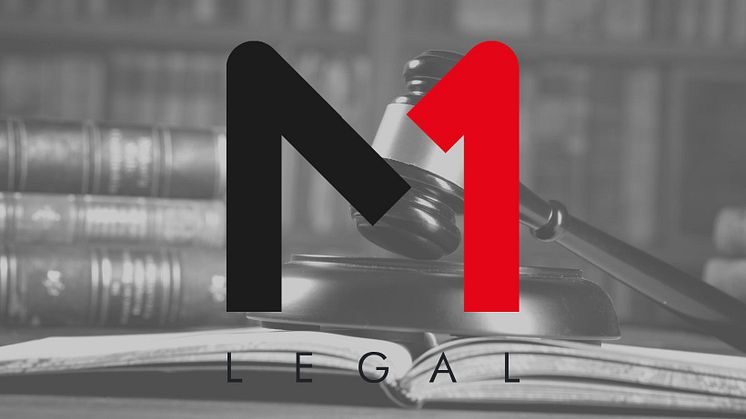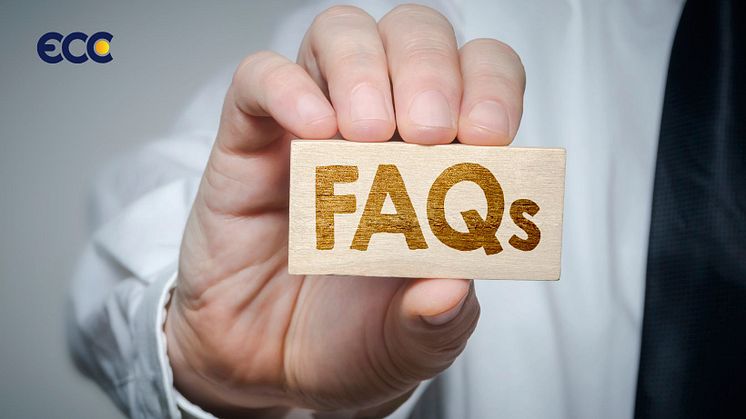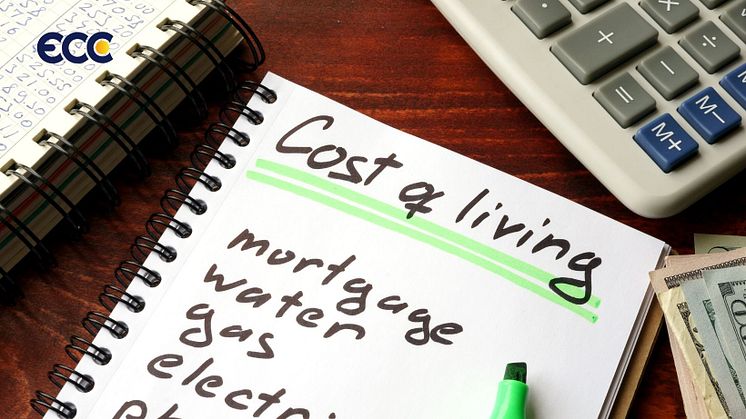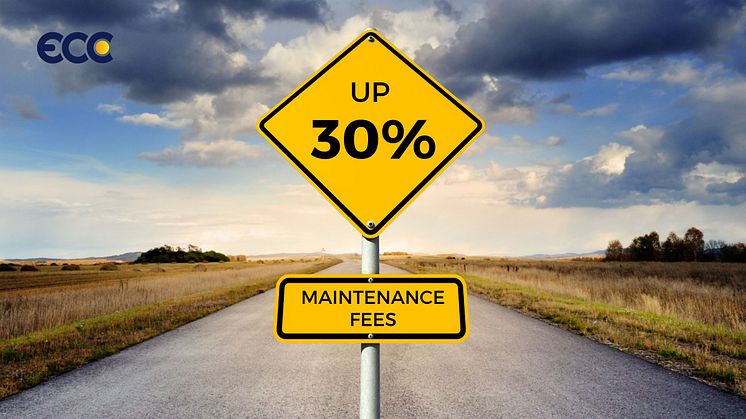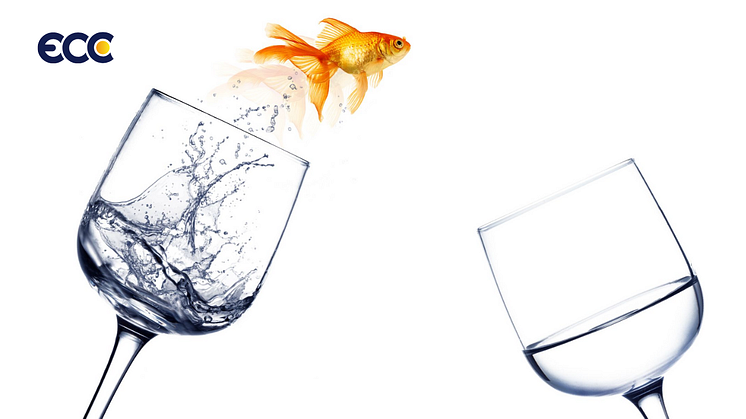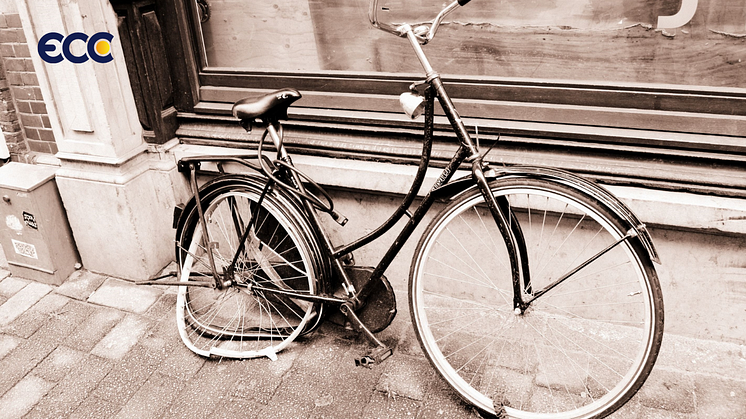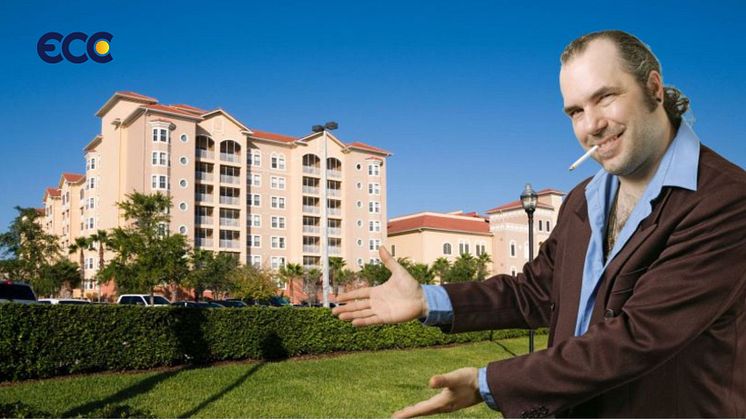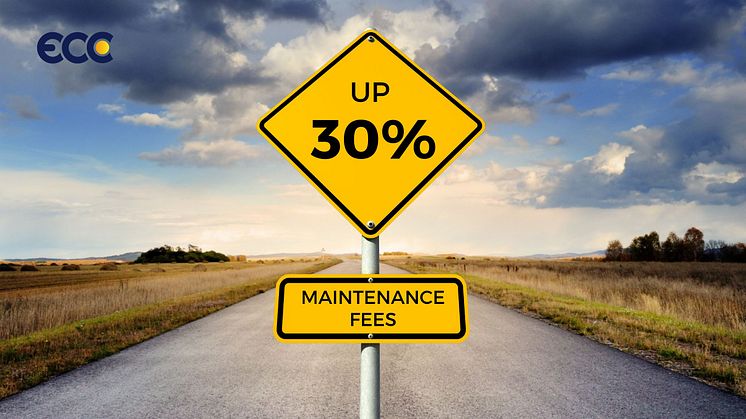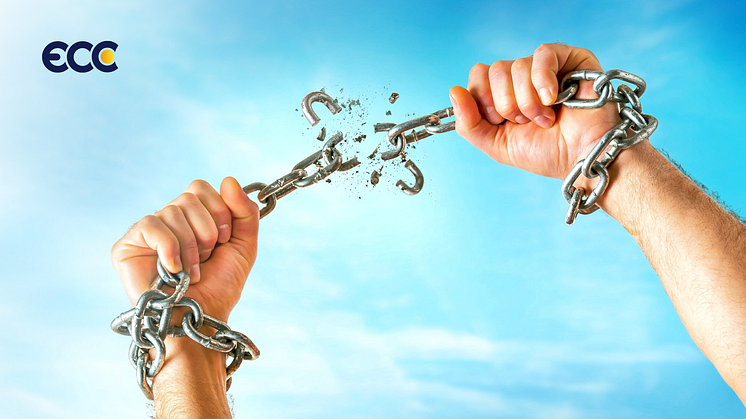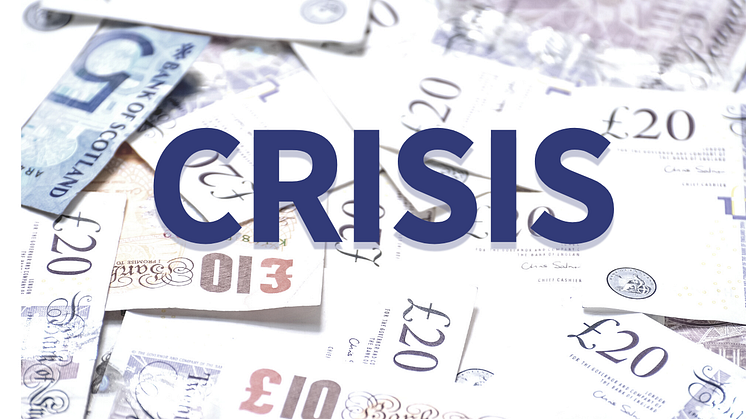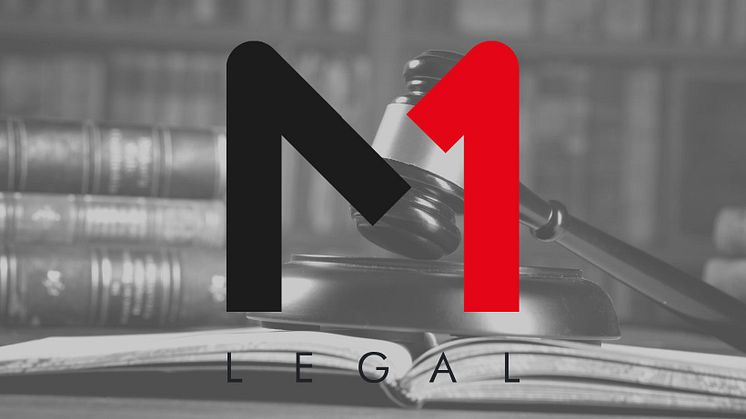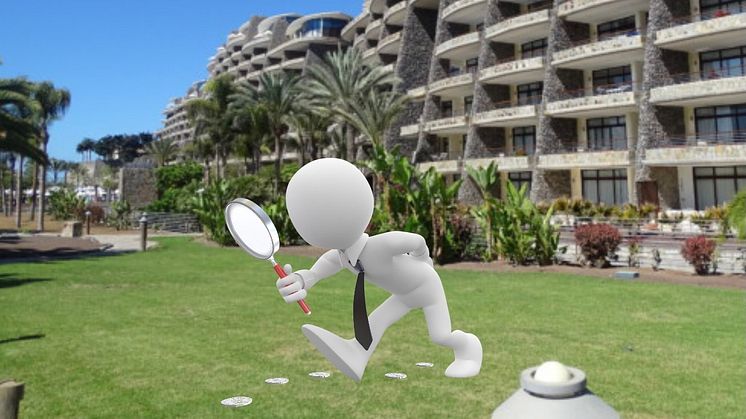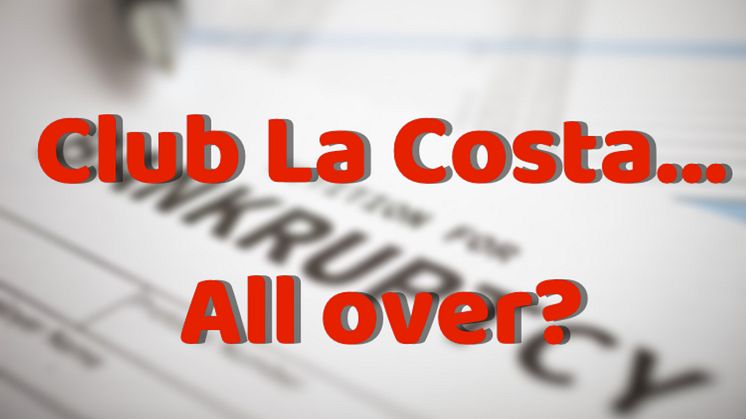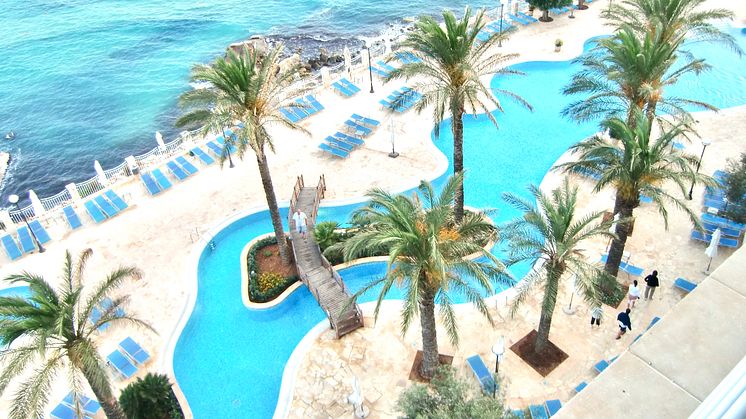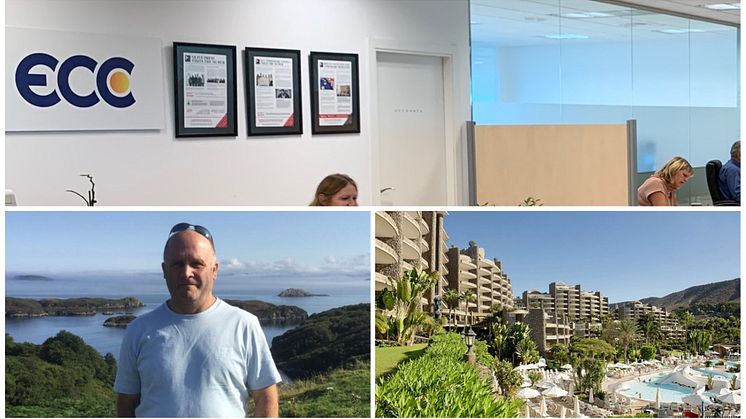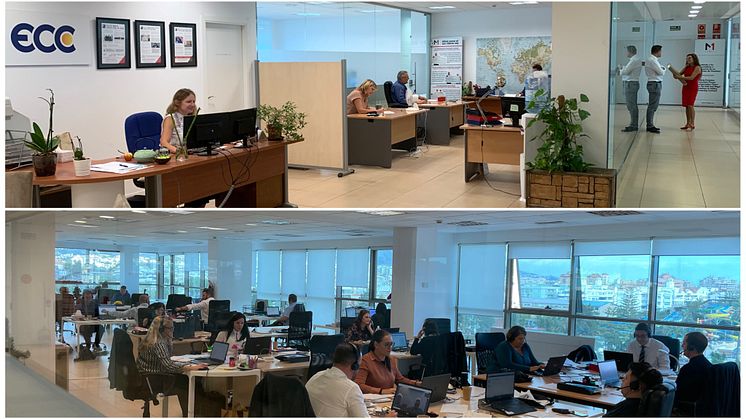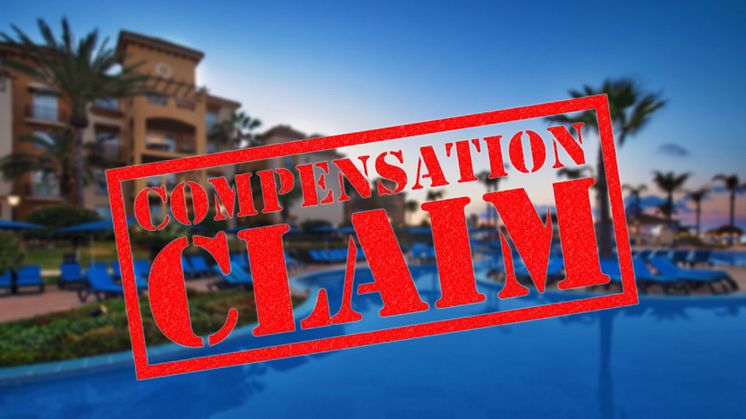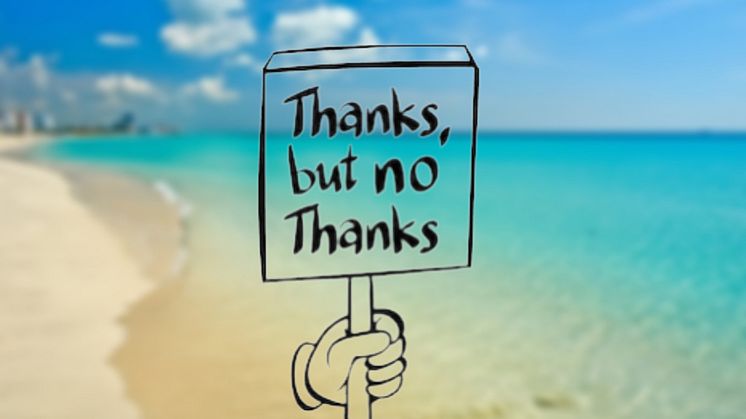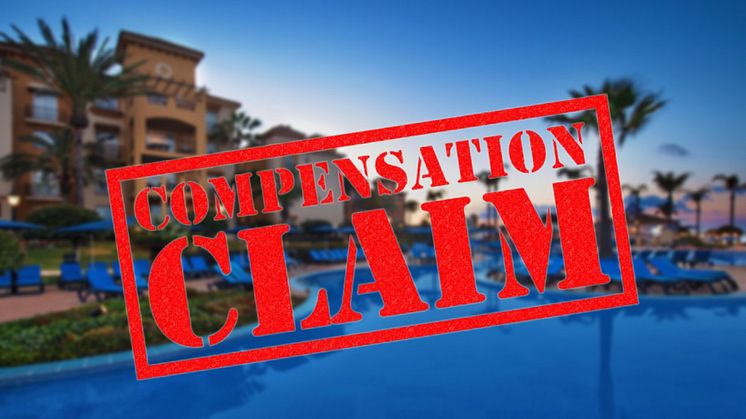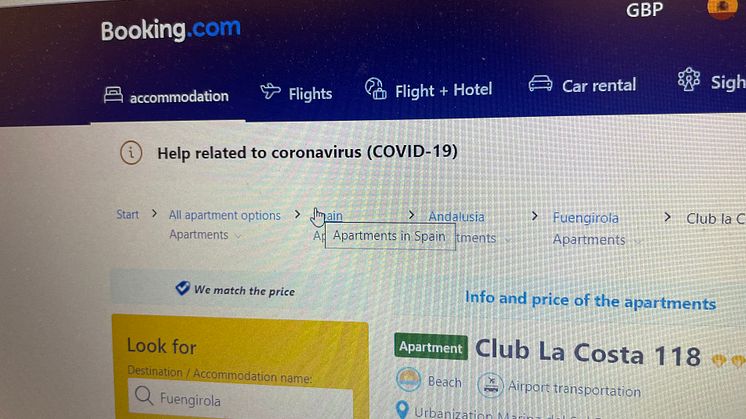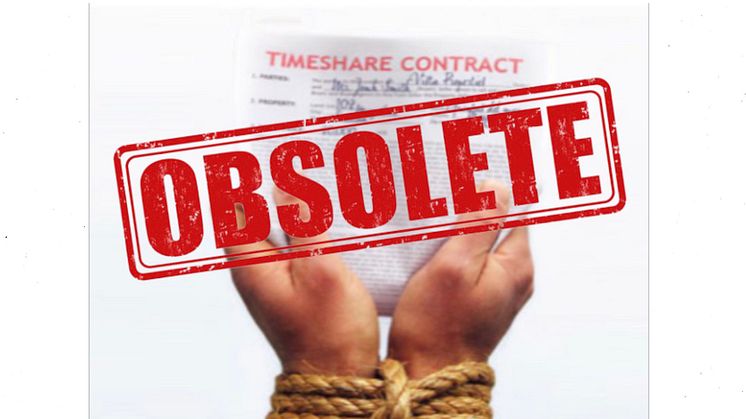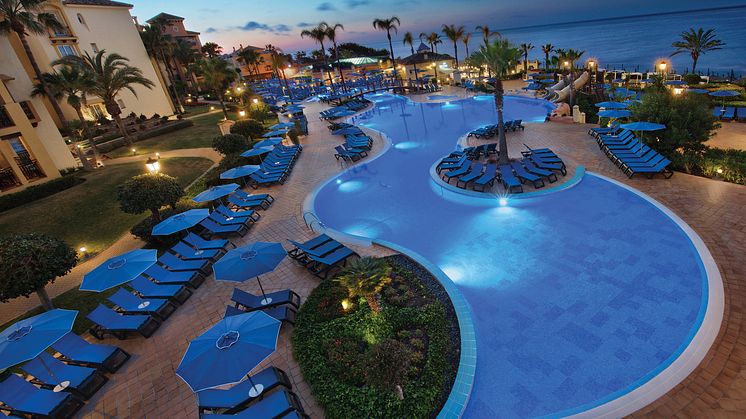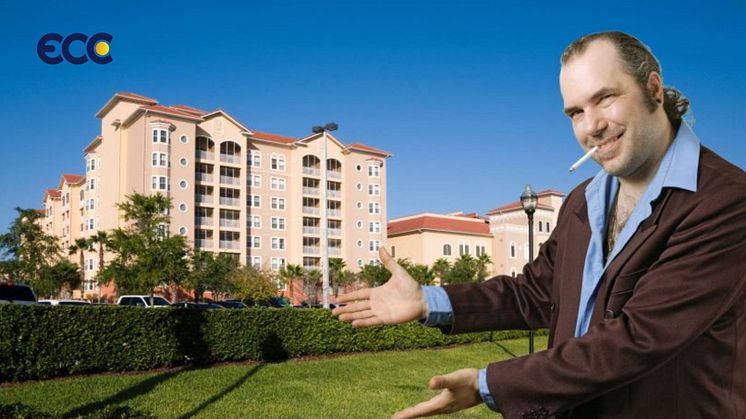
Press release -
Timeshare ownership: The enormous difference between buying, and being sold
Timeshare owners told: "Don't feel guilty about claiming compensation. You were relentlessly targeted."
To date, ECC has never heard from a timeshare owner who starting their journey into timeshare ownership by making an independent premeditated approach to a timeshare resort under their own steam to ask how they could go about buying a timeshare.
Timeshare companies know they can get your business if they can position you in front of their high powered closers. But if it isn't something you sought out yourself, as you do with with every other major purchase, is there something unfair, and perhaps even sinister about this sales process?
Gold rush
Timeshare has been sold in one form or another since the 1960s. But it was in Europe during the 1980s and 1990s that the business lost all vestiges of restraint.
The Canaries, Spanish Costas, Portugal and Balearics in particular adopted guerilla marketing strategies based around street touts called 'OPCs' or Onsite Personal Contacts.
These were commission only young men and women who were paid to corral tourists to a timeshare resort for a sales presentation. OPCs threatened, cajoled, pestered, begged and bullied. They offered gifts of duty free goods, theme park tickets and predetermined 'winning' scratch-cards. There were thousands of these people, swarming like locusts throughout holiday hotspots.
Once the victims (UPs, or Unsold Prospects) arrived at the resort, the pressure was turned up to maximum. The sales people inside had complete licence to do or say anything that would end up with the UPs handing over their credit cards. They would sell apartments that would never be built, promise facilities that would never exist and services that would never be provided. As long as that credit card was pushed over the table at the end of the several hour 'tour' the operation was content.
New laws
The UK tabloid press were continuously highlighting the harassment of tourists by OPCs, and the high pressure sales costing victims tens of millions of pounds a year.
Entire tourist economies were being affected.
The authorities had to do something and eventually they did. A series of laws were passed from 1999 onwards to protect people from the timeshare villains.
There were many aspects to the new laws, and they were refined as time went by, but the big one, the one which should have protected tourists from making life changing, rash financial decisions was that it became illegal for a timeshare business to take a deposit on the day, or during a cooling off period (a mandatory amount of time where the customer could cancel the deal without needing to offer an explanation).
Emotional sale
Why was this such a big deal? Any salesperson will tell you that emotion is 99% of selling. When a prospect feels happy they are more likely to say yes. The science behind this is behavioural economics.
The human brain operates on two distinct levels.
- The conscious, whereby we 'manually' examine new information and make decisions based on what we identify as significant factors. This process is slow, laborious and energy expensive in terms of the glucose used by the brain. We resort to it when we feel stressed, and it often trips us up.
- Then there is the unconscious system (actually our primary processing system), where large volumes of information are continuously being relayed to the brain about our surroundings/situation via our sensory organs, and the brain uses predetermined heuristics based on our life experience to make decisions quickly and well, with minimal effort and without alerting our conscious awareness at all. Nearly all of our decisions happen through this process. It manifests as emotions. We feel good or bad about doing something. We know it is the right or wrong thing to do without making lists or spelling out reasons.
One way that we know our unconscious thought system is judging us to be in a safe environment (or making correct decisions) is that we feel at ease, happy and relaxed. This system is deliberately short circuited and manipulated... by salespeople.
The reason timeshare was such a sellable product is because the UPs were on a beautiful resort; with glorious sunshine pouring from a clear, cobalt sky; waves lapping over a nearby beach and palm trees gently swaying in a warm sea breeze. An aquamarine pool mirroring a luxurious accommodation complex.
A charming, personable, salesperson was showing them exclusive five star opulence and assuring them they deserve it. Their unconscious thought system was telling them they were safe. They felt comfortable to go ahead and make a life-changing buying decision, and they signed up to the timeshare club.
New laws? No thanks! (said the timeshare resorts)
When timeshare companies were presented with the new consumer laws that prevented payment on the day/within the Cooling Off period, they had a stark choice. Obey and risk going out of business, or ignore it and keep earning.
They knew that they would lose almost every sale if they allowed potential customers to go away and consider the purchase.
This is what 'the cold light of day' means. When people remove themselves from the pleasant, sales friendly environment the (im)practicality of the expensive purchase hits home. They consider their other expenses and the unrealistic relative value that they had assigned to joining a timeshare club, influenced by the sales presentation and environment.
Reports from former timeshare sales people suggests that only a tiny percentage of 'be-backs' (people who refused to commit on the day, and promised to return later and buy) actually returned the next day to complete a timeshare purchase.
"If we told our manager, Jim, that we had a be-back coming back in the morning to buy," recalls Joan Adlett, a ex sales rep at Canary Islands giant ANFI, "he would make us sit in reception and wait, but wearing a large, conical dunce's hat with a big D on it. And we had to hold a sign saying 'I'm waiting for a be-back'. We soon learned that be-backs did not return, and that we had to get the deal done on the day."
To a resort, timeshare companies ignored the new laws, and continued taking money on the day, thereby making sure the customers were committed. The timeshare personnel involved were gambling that they themselves would be long gone by the time the bureaucracy entrenched Spanish legal system caught up with the operation.
Sold, not bought.
"At ECC we talk to timeshare owners every day," says Andrew Cooper, CEO of European Consumer Claims. "People justify a purchase that they know they shouldn't have made by reasoning that they had nice holidays at the resort. Maybe they did, but that doesn't make the process fair, or excuse the way their choice was manipulated.
"When you bought your house or car, did you get accosted, whisked away to a sales presentation and asked to commit immediately? No, you would not have dreamed of making a financial decision of that magnitude at anything other than your own pace.
"You approach a car showroom or estate agent when you have privately decided you are in the market. You initiate the contact rather than the other way around.
"You instinctively know that only you have your best interests at heart. The salesperson's motivation is to make a sale. That can work in your favour, provided you lead the process, get the information you need, and take all the time necessary to make a decision you are confident in."

Cooper points out that with timeshare resorts, even in the two decades since the new laws were enacted, sales happened in the opposite manner to a typical, comfortable, customer driven buying process.
"It is incredibly rare that a prospect will approach the timeshare company, interested in initiating a sale in the same way they do with an estate agent, or car showroom.
"Timeshare companies do all the chasing. They will even go as far as offering a free holiday to entice the prospect to attend a sales presentation.
"They know that the prospect will be taking the holiday with every intention to resist the sale, but the resort has confidence that their high pressure sales will snag them customers.
"By controlling the environment, and relying on their manipulative sales process, they know they can 'convert' a high percentage of UPs into becoming members. They do this knowing that around 85% of those new members will regret the decision later."
"Your subsequent potential enjoyment of the holidays can never justify the fact that you were cynically manipulated.
"Let me put it another way: I believe I can categorically state that if timeshare companies had only ever used regular advertising and waited for customers to approach them about buying a membership, there would not have been a timeshare industry in Europe.
"People need to be manipulated into this sale, and that means the product is fundamentally flawed."
For advice on exiting an unwanted timeshare membership, or claiming compensation over an unfair contract, get in touch with our team at ECC.
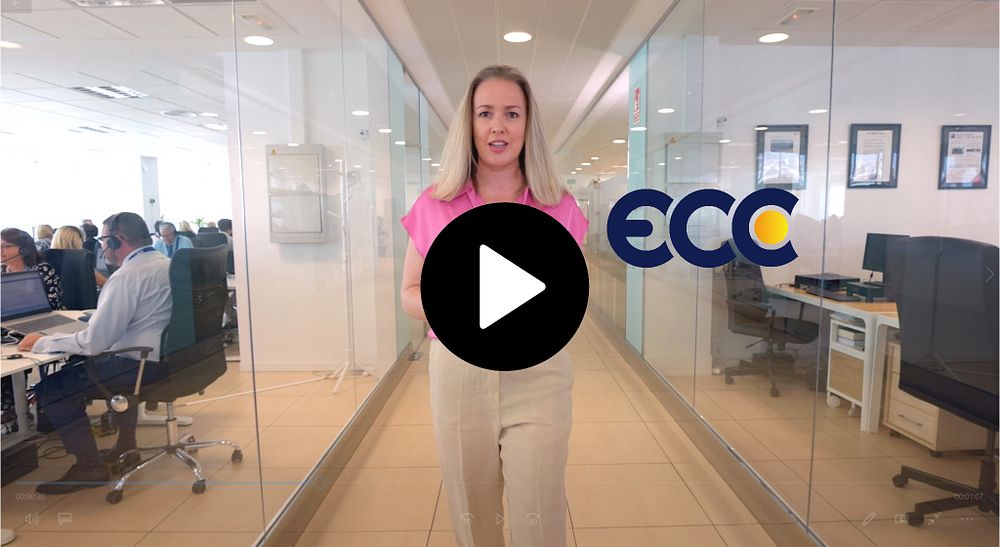
Related links
- Daniel Kahneman Explains The Machinery of Thought
- University of Central Florida (UCF) study found that 85 percent of timeshare owners who go to contract regret their purchase
- ECC contact details
- European Consumer Claims
- Violence and corruption speed timeshare's demise
- Blaggers: Adventures Inside the Sun-Kissed but Murky World of Holiday Timeshare
- Timeshare manipulation tactics. How people are influenced to buy on the day
- Timeshare touts: Tripadvisor
- Do you qualify for timeshare compensation? A quick guide:
- Your moral obligation to claim timeshare compensation
- Feet in the desert. Timeshare industry giants disappearing into history
- Can timeshare owners in Spain really claim compensation?
Topics
Categories
Regions
ECC provides timeshare claims services, expert advice and help
E: (for media enquiries): mark.jobling@ecc-eu.com
E: (for client enquiries) EUROPE: info@ecc-eu.com USA:info@americanconsumerclaims.com
T: EUROPE: +44800 6101 512 / +44 203 6704 616. USA: 1-877 796 2010
Monday to Friday: UK timings: 9am-8pm. Saturday/Sunday closed. USA 9am -8pm EST. Sunday closed
Follow European Consumer Claims on Facebook here
Follow European Consumer Claims on Twitter here
Follow European Consumer Claims on LinkedIn here
Follow European Consumer Claims on Medium here
Follow European Consumer Claims on YouTube here
Follow European Consumer Claims on Newsdesk here
Follow Andrew Cooper (CEO of European Consumer Claims) on Twitter here
Andrew Cooper background article can be read here
Relevant websites for this article


